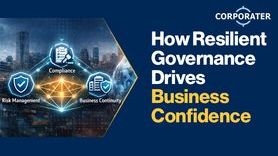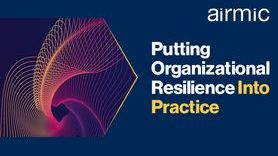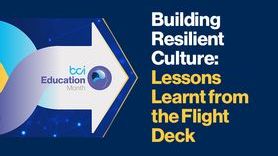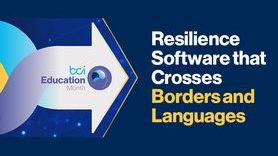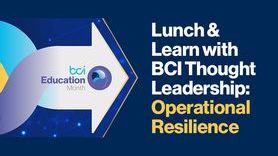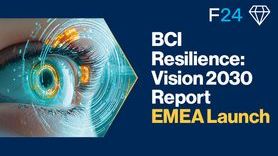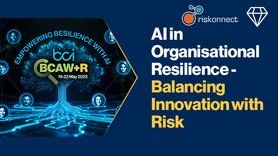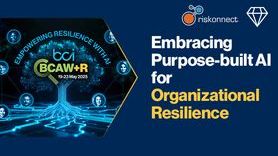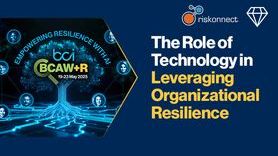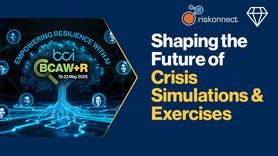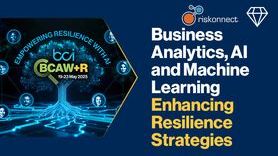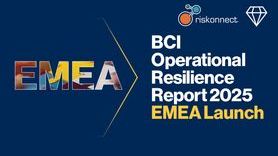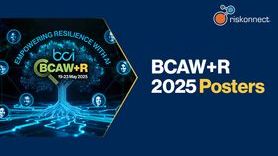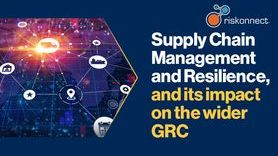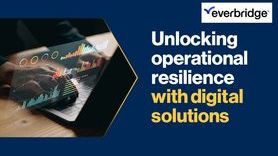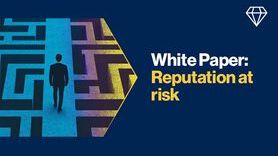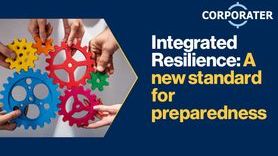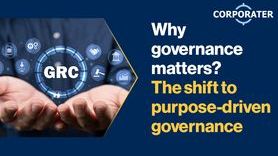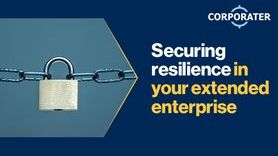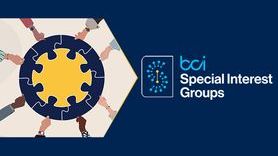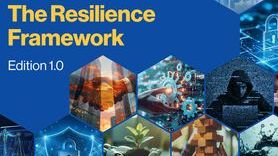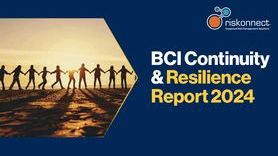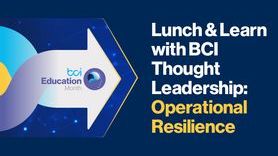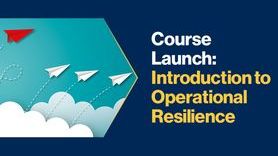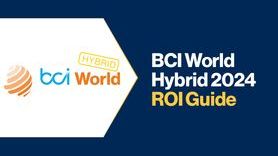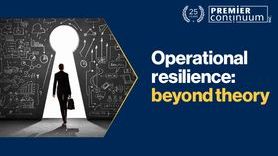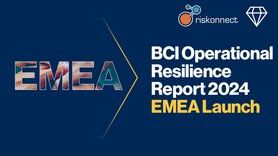Advancing Resilience Capabilities: UNDRR Release Resilience Maturity Assessment
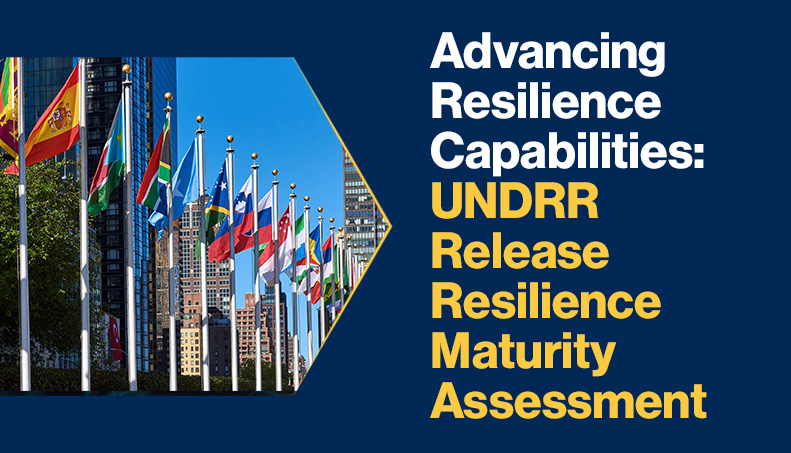
The United Nations Office for Disaster Risk Reduction (UNDRR) has released a free to use Resilience Maturity Assessment (ReMA) tool[1] to evaluate and enhance organizations’ capacity to withstand disruptions and adapt to change.
The assessment tool was developed by UNDRR and the Corporate Chief Resilience Officers (CCRO) network through consultations with a diverse range of stakeholders. It features a straightforward, checkbox-style assessment that benchmarks resilience maturity across six core pillars of resilience, and offers targeted improvement guidance, including practical templates and resources to support enhancement efforts.
The assessment’s six pillars of resilience are policy and governance, leadership and culture, organization, capacity, operating model, and value chain. Practitioners are asked up to three questions on each pillar, for example, value chain measures the ability to meet client obligations and supply chain resilience. Final scores are measured on 1-4 basis, and scores falling short of full marks offer suggestions to improve. For example, a supply chain level 3 score produced recommendations including ‘Consider the risks and cost benefits/drawbacks of diverse suppliers against single suppliers with better pricing’.
Alongside the guidance, relevant templates are included to support and enhance implementation, as well as benchmarking against specific sectors or regulations for meaningful measurements that are scalable across industries.
The ReMA tool is particularly valuable given that BCI research[2] shows one-third of organizations (33.3%) do not use any specific performance indicators to measure resilience. This highlights the current challenges in standardising resilience measurement and the need for more effective, data-informed approaches.
The Resilience Framework 1.0
Last year the BCI released the Resilience Framework 1.0, a strategic guidance and framework cycle that organizations can use to ensure resilience is strategically led, clearly defined, and aligned with an organization’s realities for long-term effectiveness. It is aimed at top leadership and based on guiding fundamental concepts in the form of eight core principles, with a cycle to help implement them in a structured way,
The Resilience Framework and the UNDRR’s ReMA are grounded in the same principles. Both emphasise the importance of leadership, clear direction, comprehensive understanding, collaboration, strategic planning, adaptability, and continuous improvement in building resilience. The Resilience Framework serves as an in-depth strategic resource for leadership, while the ReMA resource is designed with a more practical, operational approach focused on measuring and enhancing resilience within operational environments.
As global resilience tools, both are designed for repeated use and offer structured support to professionals working to strengthen resilience and, with research showing global operational resilience programmes have increased 10% on last year[3], the need for good quality guidance is clear. Used together, these tools can enhance resilience programmes from strategic leadership to boots-on-the-ground implementation.
Advocating for globally relevant resources
The BCI is an advocate for innovative, globally relevant tools that organizations of all sizes, sectors, and locations can use to assess, measure, and strengthen their resilience. Building resilience is a continuous endeavour, and tools such as ReMA play a vital role in guiding organizations as they strengthen and adapt over time, developing their resilience capabilities and responding effectively to emerging risks in the disruptive environment of evolving global change.



